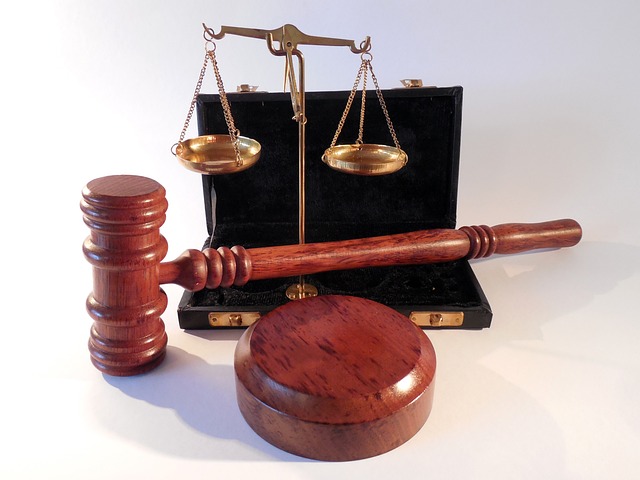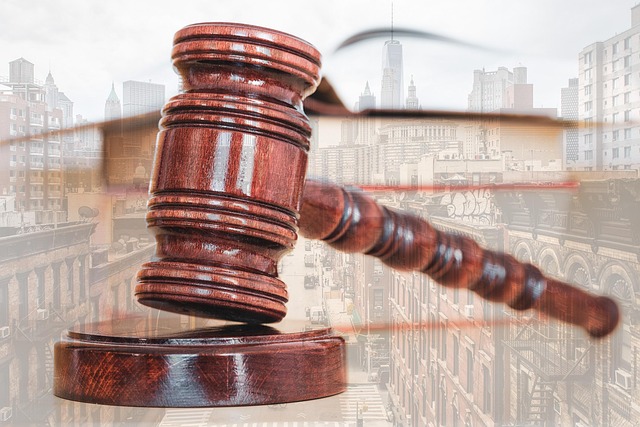Corporate crime investigations pose significant challenges for startups, especially regarding Competition Law Compliance. Startups must prioritize ethical operations in competitive sectors to avoid legal consequences from minor infractions. Proactive measures like policy reviews, employee training, and fostering integrity are essential to mitigate risks. By staying informed about industry trends, regulations, and enforcement actions, startups can ensure fair market practices while promoting growth and innovation. Effective Competition Law Compliance shields against financial fraud, intellectual property theft, and legal complications, enhancing startup success and reputation.
In today’s competitive market, understanding corporate crime investigations is crucial for startups aiming to navigate legal complexities while growing. This comprehensive guide delves into key aspects of corporate investigations from a startup’s perspective. We explore competition law basics, common types of corporate crimes, and the vital role of legal compliance in prevention and handling. Additionally, we provide effective strategies to ensure competitive integrity, offering invaluable insights for businesses seeking to thrive legally.
- Understanding Corporate Crime Investigations: A Startup's Perspective
- Competition Law Basics: Navigating Market Rules for New Businesses
- Common Types of Corporate Crimes: What Startups Need to Watch Out For
- The Role of Legal Compliance in Preventing and Handling Investigative Incidents
- Effective Strategies for Startups: Ensuring Competitive Integrity While Growing
Understanding Corporate Crime Investigations: A Startup's Perspective

Corporate Crime Investigations present unique challenges for startups navigating a complex landscape. These investigations often revolve around ensuring Competition Law Compliance, which is crucial to maintaining a thriving and ethical business environment, especially in highly competitive markets across the country. Startups must understand that even minor infringements can lead to significant legal repercussions, including costly jury trials.
For his clients, a startup’s perspective involves recognizing the importance of proactive measures. This includes regular reviews of internal policies, training employees on compliance, and fostering a culture of integrity. By embracing these practices, startups can mitigate risks associated with corporate crime investigations and build a solid foundation for long-term success, thereby protecting their position in the market.
Competition Law Basics: Navigating Market Rules for New Businesses

Starting a new business involves navigating complex landscape, especially when it comes to competition law compliance. For startups, understanding market rules is crucial to avoid corporate and individual client penalties during all stages of the investigative and enforcement process. Basic principles focus on fair competition, preventing anti-competitive practices, and promoting free markets. Businesses must ensure they don’t engage in behaviors like price fixing, market allocation, or abusing dominant market positions, which can lead to severe legal repercussions.
Competitive markets foster innovation and consumer choice, so startups must operate transparently and ethically. This includes careful consideration of mergers and acquisitions, joint ventures, and partnerships to avoid anti-competitive effects. Effective competition law compliance involves staying informed about industry trends, regulations, and enforcement actions, enabling new businesses to make informed decisions that respect market integrity without hindering growth or stifling innovation in their respective business areas.
Common Types of Corporate Crimes: What Startups Need to Watch Out For

Startups, despite their innovative spirit, are not immune to various forms of corporate crime that can hamper their growth and reputation. Understanding common legal and ethical pitfalls is crucial for navigating the competitive landscape, especially in highly regulated industries. One area of concern for startups is Competition Law Compliance. Violations can include anti-competitive practices such as price-fixing, market allocation, and abuse of dominant market positions, which are often unintentional but can lead to severe penalties and damage relationships with the philanthropic and political communities that they operate within.
Another prevalent issue is financial fraud, ranging from accounting manipulation to false advertising, which undermines trust in the company and its products or services. Additionally, intellectual property theft, whether through patent infringement or trade secret misappropriation, can disrupt innovation and create significant legal complications for startups. Given their relative size and resource constraints, startups may struggle to maintain robust internal controls and policies compared to established entities with an unprecedented track record of ethical conduct. As such, proactive measures, including regular audits, employee training, and clear policy documentation, are essential to mitigate these risks.
The Role of Legal Compliance in Preventing and Handling Investigative Incidents

In the dynamic landscape of corporate crime investigations, legal compliance stands as a robust shield against potential pitfalls. For startups navigating the intricate web of Competition Law, adherence to regulatory norms is not just a legal obligation but a strategic imperative. Effective Compliance programs empower young enterprises to mitigate risks, ensuring their operations remain within ethical and legal boundaries. This proactive approach fosters an environment conducive to achieving extraordinary results while steering clear of costly missteps and legal entanglements.
A robust legal compliance framework equips startups with the tools necessary to uncover and address potential violations promptly. By integrating best practices into their core strategies, these fledgling businesses can build an unprecedented track record of integrity and transparency. Moreover, a strong compliance culture serves as a bridge between companies and the larger philanthropic and political communities, fostering trust and encouraging collaboration. This holistic approach not only safeguards against internal investigations but also positions startups as responsible corporate citizens, contributing to a more robust and ethical business ecosystem.
Effective Strategies for Startups: Ensuring Competitive Integrity While Growing

As startups surge in number, ensuring competitive integrity while growing is more crucial than ever. One key strategy involves integrating robust Competition Law Compliance practices from day one. This includes meticulous record-keeping, transparent business dealings, and clear communication with stakeholders about pricing strategies and market positioning. By fostering a culture of ethical conduct, startups can mitigate the risk of white collar and economic crimes, which can be devastating to their survival.
Moreover, proactive compliance measures such as regular training on competition regulations, implementing robust internal controls, and staying updated on industry best practices are essential. Navigating all stages of the investigative and enforcement process with integrity will not only protect against potential avoiding indictment but also foster trust among customers, investors, and partners, solidifying the startup’s competitive position in the market.
Corporate crime investigations pose significant challenges for startups aiming to thrive in competitive markets. By understanding common pitfalls, adhering to competition law basics, and prioritizing legal compliance, new businesses can navigate these complexities effectively. Implementing robust strategies that foster ethical growth and quick incident handling will not only protect against corporate crimes but also enhance their reputation and long-term success. For startups looking to stay ahead of the curve, investing in proactive Competition Law Compliance is essential for maintaining competitive integrity as they scale.






